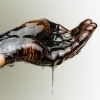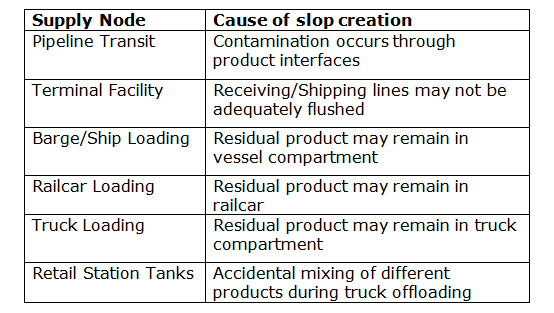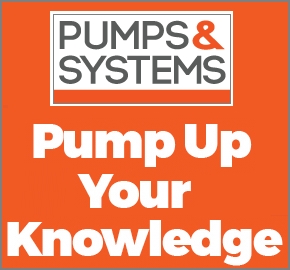RL Blogs

By Steve Pagani
Feb 20, 2017Understanding slop creation and management can improve refinery profitability. |
||
| Slop is the ugly 4 letter S-Word that refiners don’t like to hear. The very mention of slop means that something un-ideal has occurred in your refinery process. Well, for the most part.
While all refineries strive to minimize slop generation, we should accept that slop is a necessary part of the oil refining business. There are many different types of slop and many different ways to create slop.
This article introduces the role of slop in the refinery business, and seeks to create awareness on how to minimize slop generation. Every barrel of slop prevented is a mega bucks saved for a refinery.
Slop Creation
Slop is essentially any product stream or volume of liquid that does not meet specification for downstream sales or processing. Slop can be created at any point in a refinery or supply distribution process. Sometimes slop can be created as the result of unplanned activity, but sometimes it occurs from planned activity.
Unplanned Slop
Off-Spec Production: The most commonly known slop is created when streams fail refinery product specifications.
This can occur for any type of product, whether it is gasoline, jet, diesel, chemicals, or LPG. If the product spec failure is minimal, refiners can often save the production and re-blend it back onto spec.
However, this article focuses on slop, so this means that the product stream is beyond saving. Off-test slop can occur from a variety of reasons, such as:
Off-spec slop is not limited to finished product specifications, but can also apply to intermediate streams. If Reformer Unit or Diesel Hydrotreater Unit feed does not meet feed specifications the stream can be sent to slop for reprocessing.
Depending on the extent of contamination, or the type of spec failure, management of slop stream will differ. We will discuss slop management in a section below.
Transportation and Storage Contamination: Since finished product is often handled through multiple transportation and storage modes before reaching the end customer, additional contamination risks exist downstream of the refinery.
Every aspect of the refining supply chain introduces a failure point. Product contamination and slop creation commonly occurs through any of the following:
Planned Slop
Startup and Shutdown Activity:
As units come online or are taken offline, a significant amount of slop is generated during transition periods where unit operating temperatures or pressures do not meet steady-state conditions. While this is one of the few times where slop generation is acceptable, refiners should still aim to minimize slop production by properly planning this activity.
Transportation Flushing Activity:
Refining and Supply systems often do not have dedicated piping and equipment to manage finished product storage and transportation. Since pipes, tanks, and vessel compartments may often change service from managing one product to another, planned flushes are often required to maintain product integrity.
Planned flushes commonly use a small volume of a finished product to “rinse” the equipment free of contaminants. Depending on the severity of product service change, varying volume of flush material is required. For example, less flush material is required to change the compartment service of a barge from Diesel to Jet than from Gasoil to Jet.
Stay tuned for the next article where we will discuss how to manage and minimize costs once slop is produced. | ||
|










